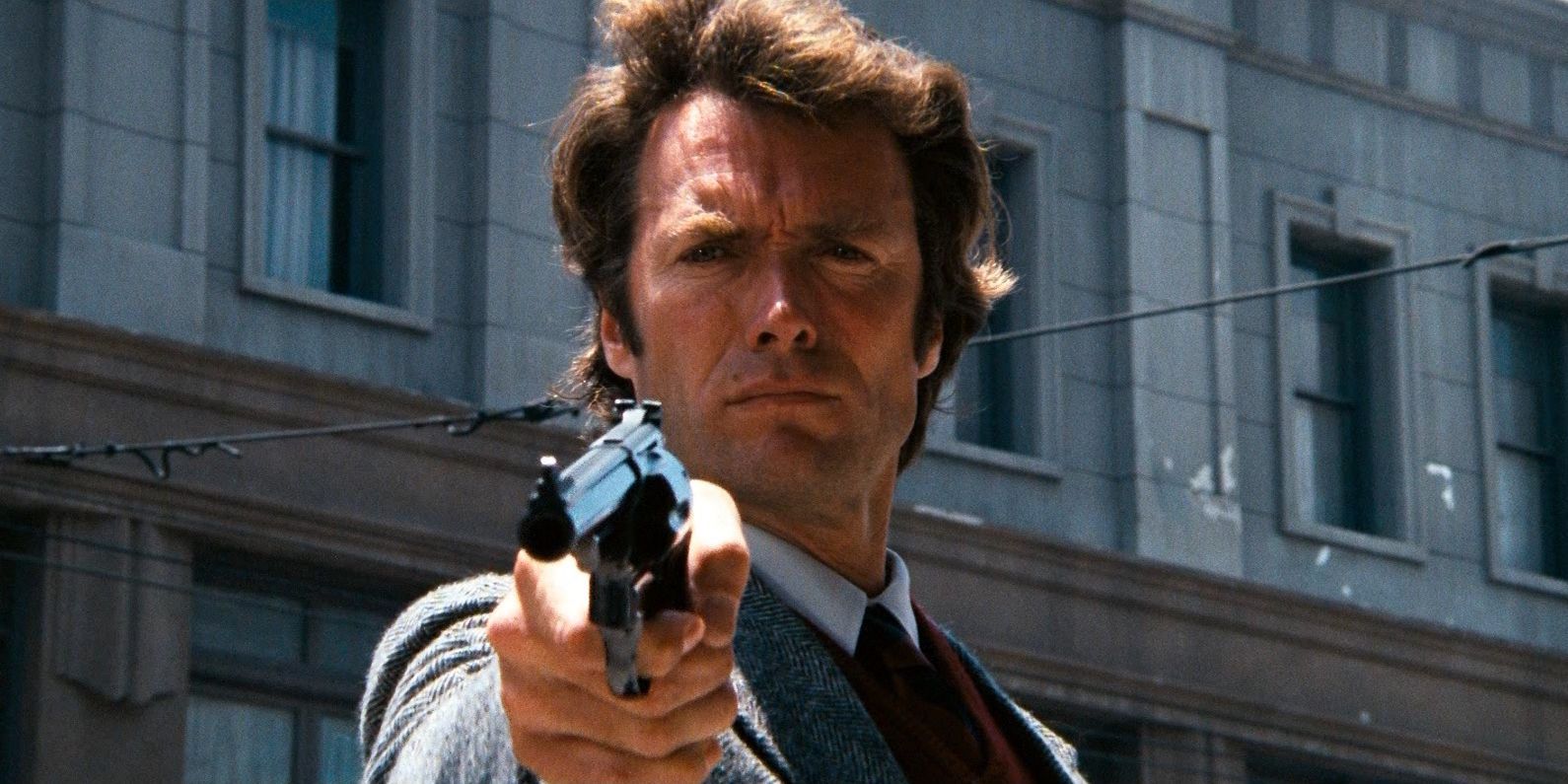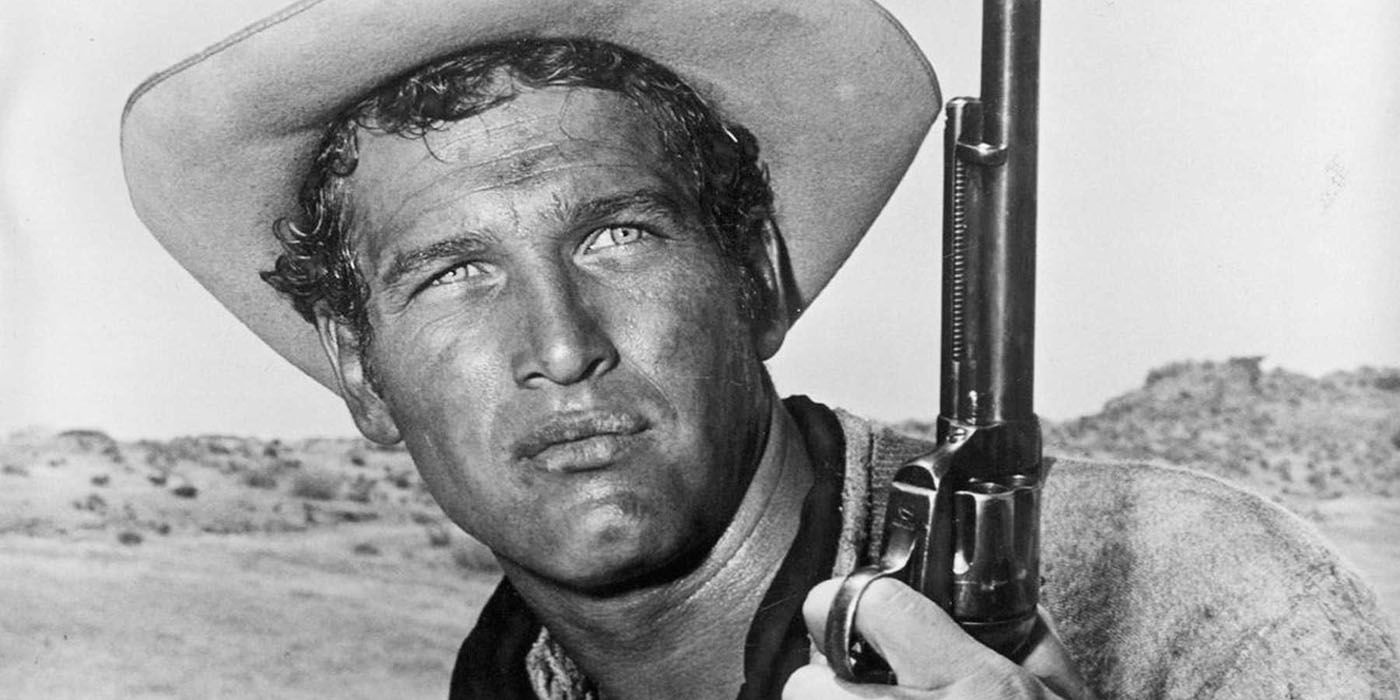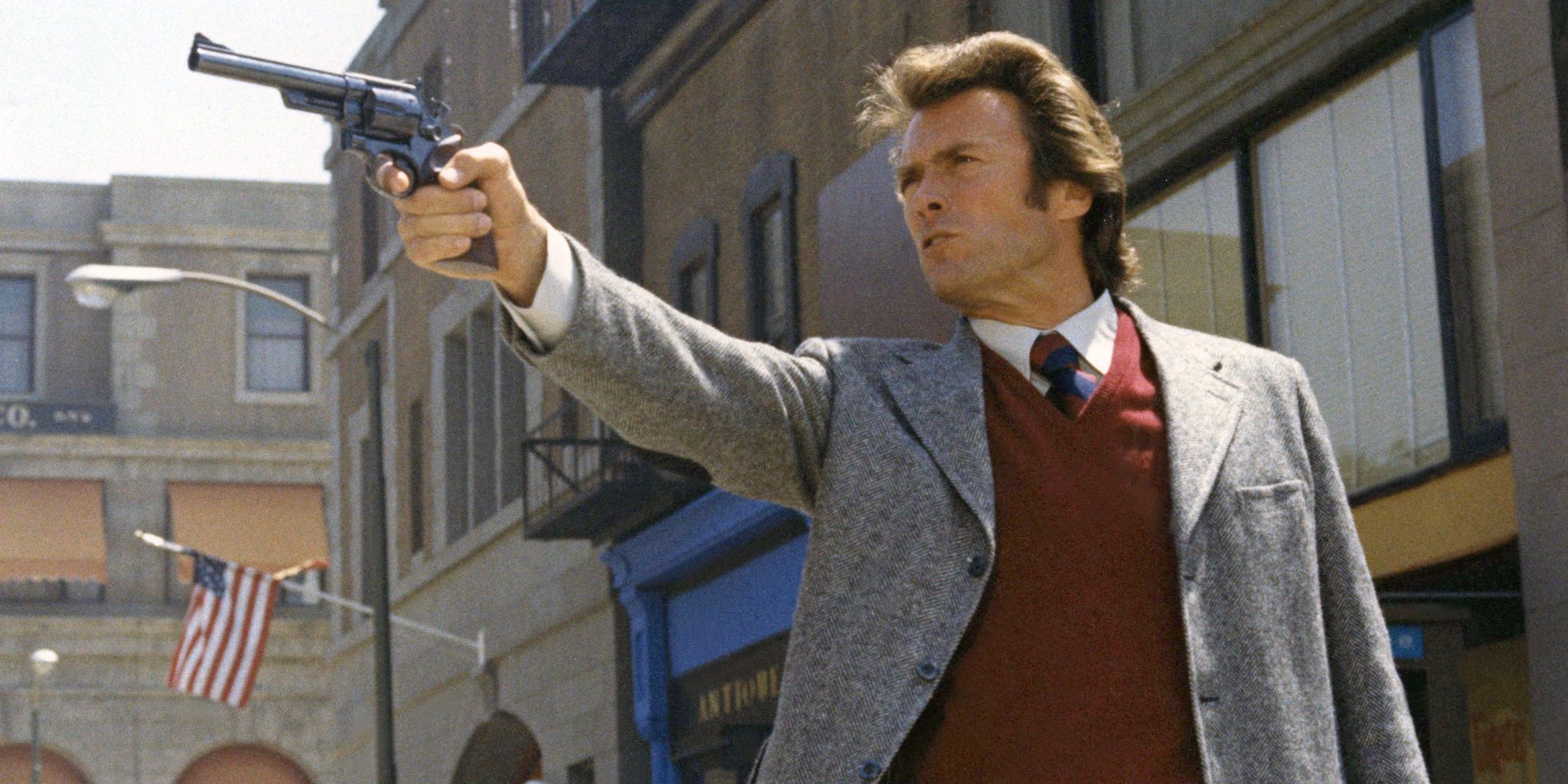When we first meet Walt Kowalski (Clint Eastwood) at the beginning of “Gran Torino,” he isn’t a very nice man. We might forgive his crankiness a little because he is mourning the recent loss of his wife of 50 years, but then we also get the sense that the worst aspects of his personality aren’t just to do with grief. He hates everybody, and the only bright spots in his life are his dog and beloved vintage Ford Torino. He doesn’t get along with his grown up kids, and he takes grim satisfaction from insulting people who try to help him out.
Walt is also a total bigot, and has no hesitation voicing his prejudices with a stream of ethnic slurs every opportunity he gets. In his neighborhood, he gets plenty; it was once mainly populated by blue-collar white people like himself, but has changed a lot since he first moved in. It’s now very multi-ethnic and has a problem with gang violence, which directly effects his Asian neighbors, the Vang Lor family. The boy, Thao (Bee Vang), is under pressure to join the Hmong gang run by his villainous cousin, Spider. Thao’s unwilling initiation is to steal Walt’s pride and joy, which doesn’t go down very well with Walt.
To apologize, Thao’s mum makes him do chores for Walt. Walt isn’t keen on the idea but eventually develops paternal feelings towards the kid, helping him find a job and giving him dating tips. He is also befriended by Thao’s sister, Sue (Ahney Her), and by extension the whole family. With Spider’s gang still threatening the Vang Lors, must Walt resort to violence to protect his new friends?
Clint Eastwood has helmed around 40 films since his directorial debut with “Play Misty For Me” and starred in many of them. Many of his characters are variations on his distinct persona that he developed in two genres in particular: the western and the crime thriller. His Oscar-winning “Unforgiven” addressed the violence of his laconic western characters, while “Gran Torino” is a conversation with his cop with a very big gun, “Dirty Harry.”
So what happens at the end of Gran Torino?

On the face of it, the ending to “Gran Torino” is fairly straightforward. Thao comes under increasing pressure to join the gang, and they attack him one day on his way home from work. Walt gets involved and beats up a gang member in retaliation. This escalates the situation even further, with the gang shooting up the Vang Lor’s house in a drive-by and beating and sexually assaulting Sue. The family chose not to report either incident to the police, and Walt is furious.
Thao wants to get revenge and asks Walt to help him. As we’ve seen earlier, Walt has no qualms about waving guns around. Walt really cares for the boy now and is dying anyway, and doesn’t want Thao to become a killer. He locks him in the basement and heads out to confront the gang alone on their turf. He draws them out of their house with a lot of yelling and accusations, making sure he also attracts the attention of the neighbors. Calling back to a moment earlier in the film when Walt draws a finger gun on them, he reaches slowly inside his jacket. This time, expecting him to pull out a piece, the gang gun him down. As he dies, it is revealed that he was just taking out his lighter.
Instead of resorting to violence, Walt has tricked them, laying his life down for his friends so the gang will get sent away for a very long time. It’s a profoundly satisfying ending to the movie, far more so because it inverts what we have come to expect from Eastwood’s screen characters. “Gran Torino” is perhaps Eastwood’s most outright entertaining movie of the 21st century and it works even if you haven’t seen any of his previous films. Where this ending really takes off is when considered in relation to Harry Callahan in the “Dirty Harry” movies.
If you or anyone you know has been a victim of sexual assault, help is available. Visit the Rape, Abuse & Incest National Network website or contact RAINN’s National Helpline at 1-800-656-HOPE (4673).
What is the connection with Dirty Harry?

After Eastwood’s steely-eyed performances in Sergio Leone’s “Dollars Trilogy” catapulted him from TV actor to international fame, the role that cemented his status as a Hollywood superstar came in Don Siegel’s seminal action thriller, “Dirty Harry.”
Eastwood played Harry Callahan, a maverick San Francisco police detective on the trail of a killer. He’s a character we’ve seen dozens of times since: a ruthless cop who plays by his own rules, treats his superiors with disdain, and prefers to work alone because his partners have a nasty habit of getting shot. He’s also the kind of guy who shoots first and asks questions later, as in the famous “Do I feel lucky?” scene where he thwarts a bank hold-up by killing one robber and seriously injuring another.
His unconventional methods are pushed to the limit when the city is held to ransom by a giggling hippie maniac calling himself Scorpio (Andy Robinson). Scorpio has already murdered one woman, and promises to kill more people unless the mayor coughs up $100,000. Callahan goes into full-on loose-cannon mode, rampaging across the city after the psycho with little regard for the suspect’s rights.
“Dirty Harry” is a great film — although some critics, including Pauline Kael and Roger Ebert, were quick to write it off its ideas as fascist. It’s far more ambivalent than that, with a screenplay that provokes discussion about the effectiveness of the law, and whether it is fit-for-purpose in extreme situations. In one of its more harrowing scenes, it asks if a murder suspect’s rights should count for anything while their latest victim is hidden away dying in a hole somewhere. Harry Callahan certainly doesn’t think so, skipping due process to torture information out of Scorpio about the missing girl, literally trampling his rights underfoot. It is mean, ugly, and far from a celebration of a fascistic worldview.
One thing we can say about Harry is that he’s a violent bigot who uses detective work as an opportunity for a little peeping tom action on the side. As another cop explains to his new Hispanic partner:
“That’s one thing about our Harry, doesn’t play any favorites! Harry hates everybody: [various ethnic slurs], you name it.”
Despite some critics denouncing it for glorifying police brutality, “Dirty Harry” was a big hit and Eastwood reprised the character in four increasingly tired sequels.
Is Gran Torino Eastwood’s apology for Dirty Harry?

Many have taken “Gran Torino” as Eastwood’s apology for Harry Callahan, much like his revisionist take on his vengeful western persona in “Unforgiven.” At the beginning of the film, Walt is unapologetically racist, takes the law in his own hands, and threatens people’s lives with guns. He is explicitly a different character from Harry, but for the purposes of the message Eastwood wants to make, may as well be Callahan in retirement. John Patterson of The Guardian compared Walt to John Wayne’s character in his final film, “The Shootist,” also directed by Don Siegel:
“Wayne takes all consequences upon himself and refuses to let a boy who idolises him … kill the bad guys. In the age to come, he suggests, young men must find a way to achieve manhood without the shedding of blood. In like manner, Eastwood in “Gran Torino” disavows the violent, racist core of his movie persona — and violence itself — while simultaneously honoring both his on-screen predecessor and his foremost directorial teacher. That’s a neat trick indeed, and a damn fine way to ride into the sunset.”
“Gran Torino” is better at addressing the violence issue than the racist one, and it generated controversy for its non-political correctness and use of ethnic slurs. More recently, Bee Vang (who played Thao) denounced the film for mainstreaming Anti-Asian racism (via USA Today). Watching it back, it’s easy to see where he is coming from. While one of the movie’s goals is to set up Walt as a racist so that outlook can be knocked down, there is an uncomfortable sense that many of his slurs are delivered in a way that seeks laughter. Maybe we’re supposed to be laughing at Walt’s out-of-touch bigotry, but it’s a questionable approach. After all, he isn’t the target of the unacceptable language.
While Eastwood is heavy-handed with the material, it’s clear that he intends his film to reject racist views and redeem himself for one of his most famous and problematic characters. It’s a thorny way to apologize for Dirty Harry, but “Gran Torino” isn’t the same story without depicting Walt’s racism in the first place.
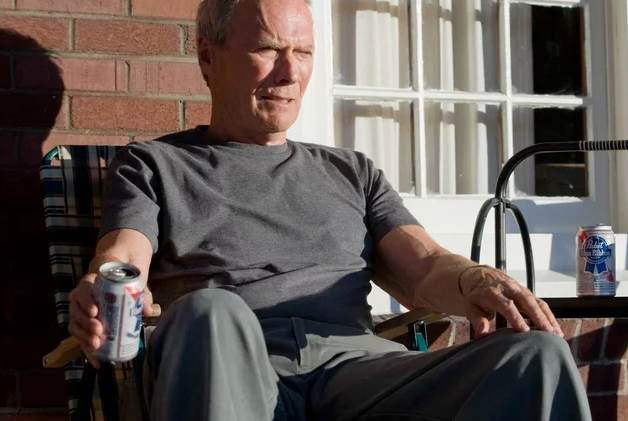

 Entertainment1 year ago
Entertainment1 year ago
 Entertainment1 year ago
Entertainment1 year ago
 Entertainment1 year ago
Entertainment1 year ago
 Entertainment2 years ago
Entertainment2 years ago
 Entertainment1 year ago
Entertainment1 year ago
 Entertainment1 year ago
Entertainment1 year ago
 Entertainment1 year ago
Entertainment1 year ago
 Entertainment1 year ago
Entertainment1 year ago





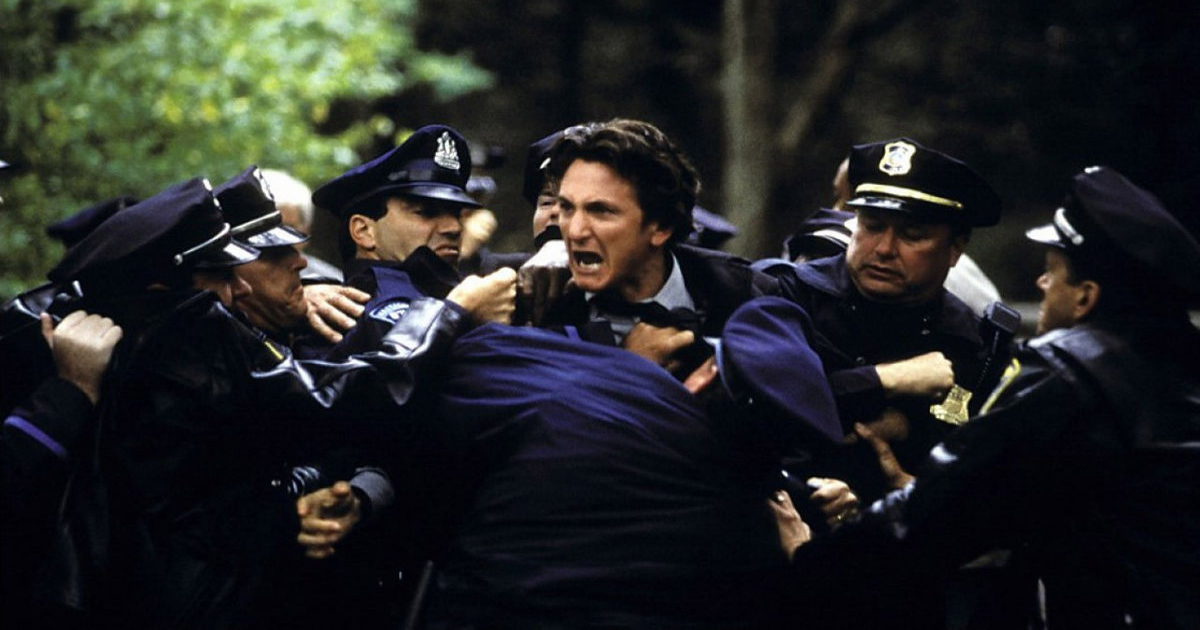 Warner Bros.
Warner Bros.

